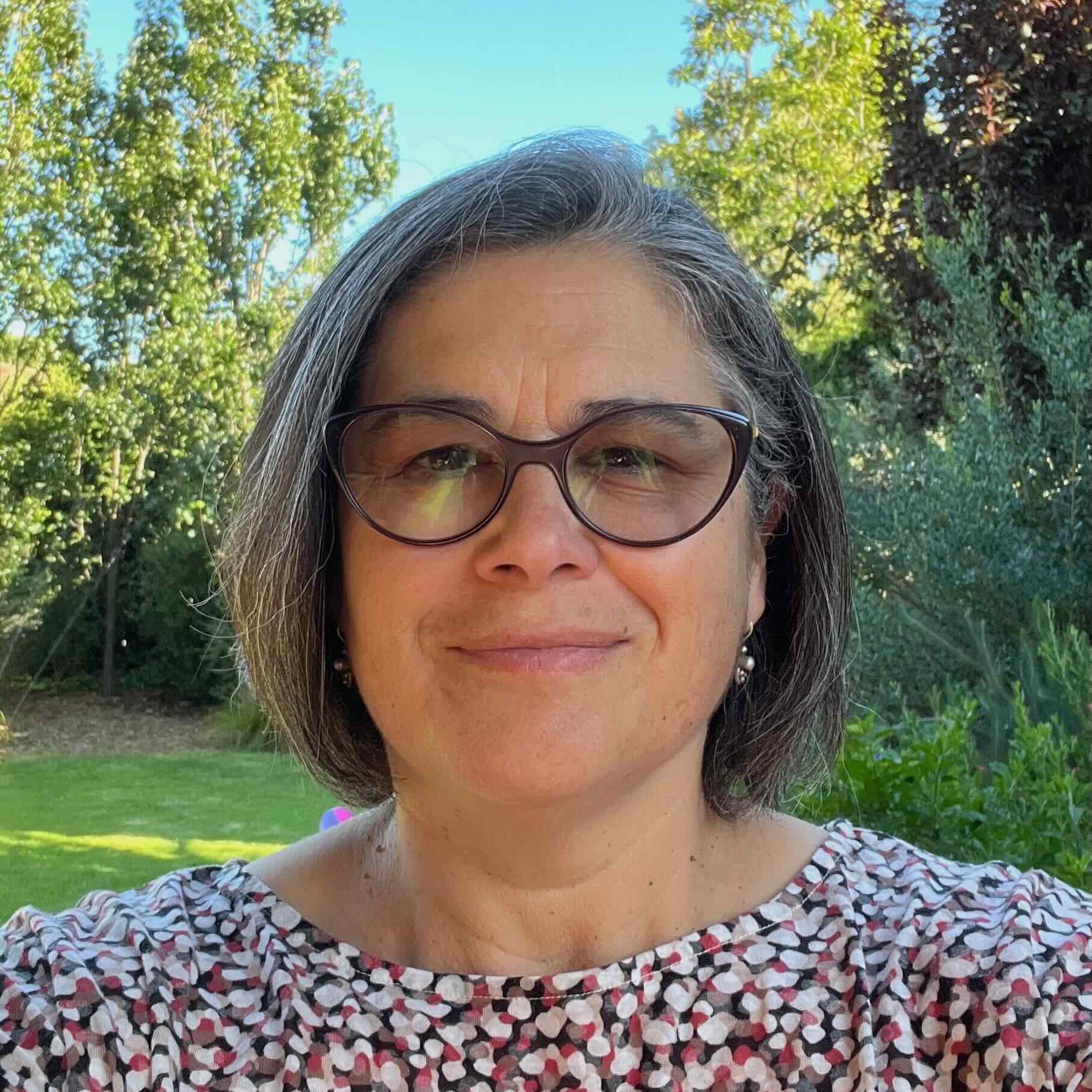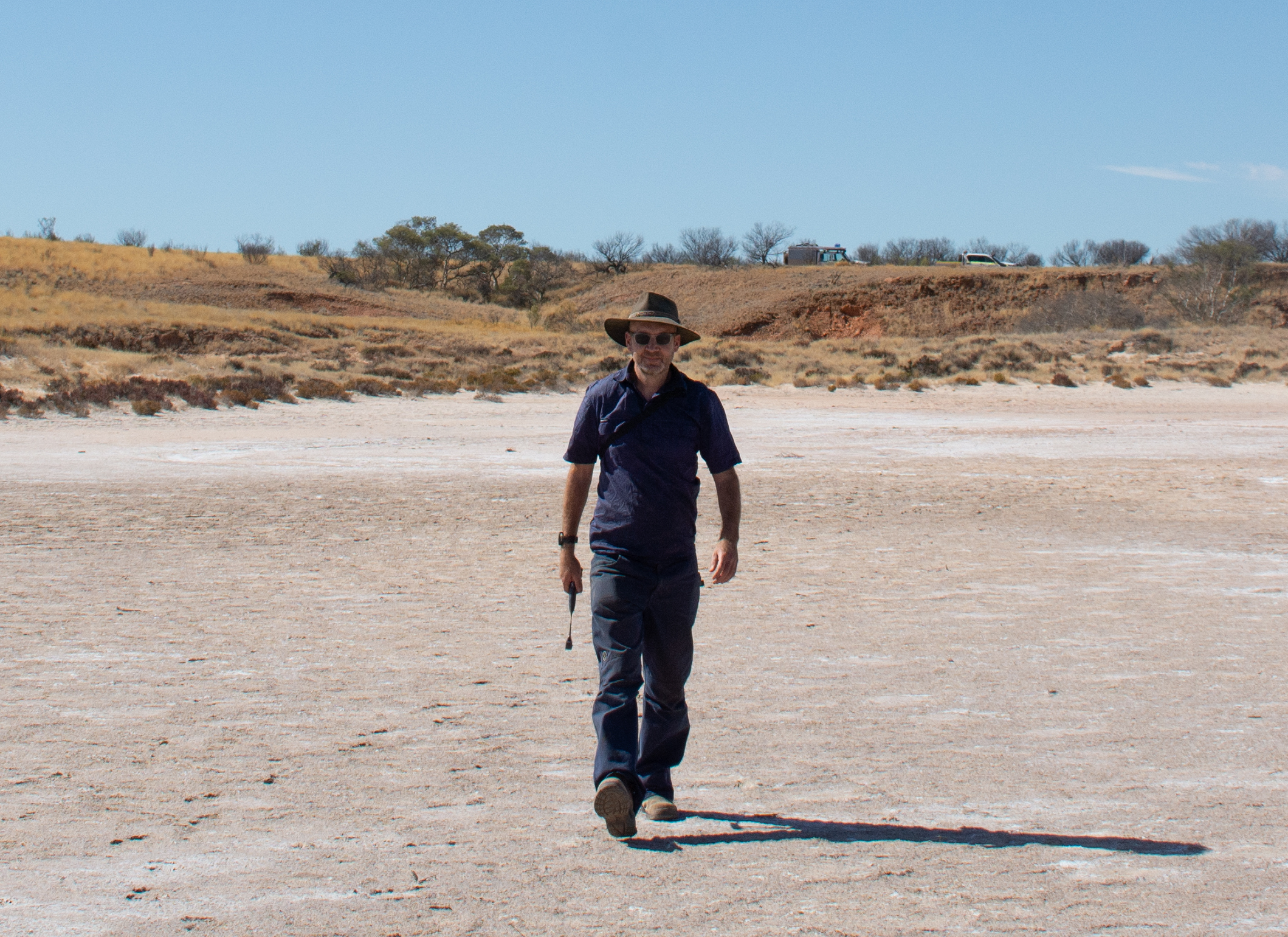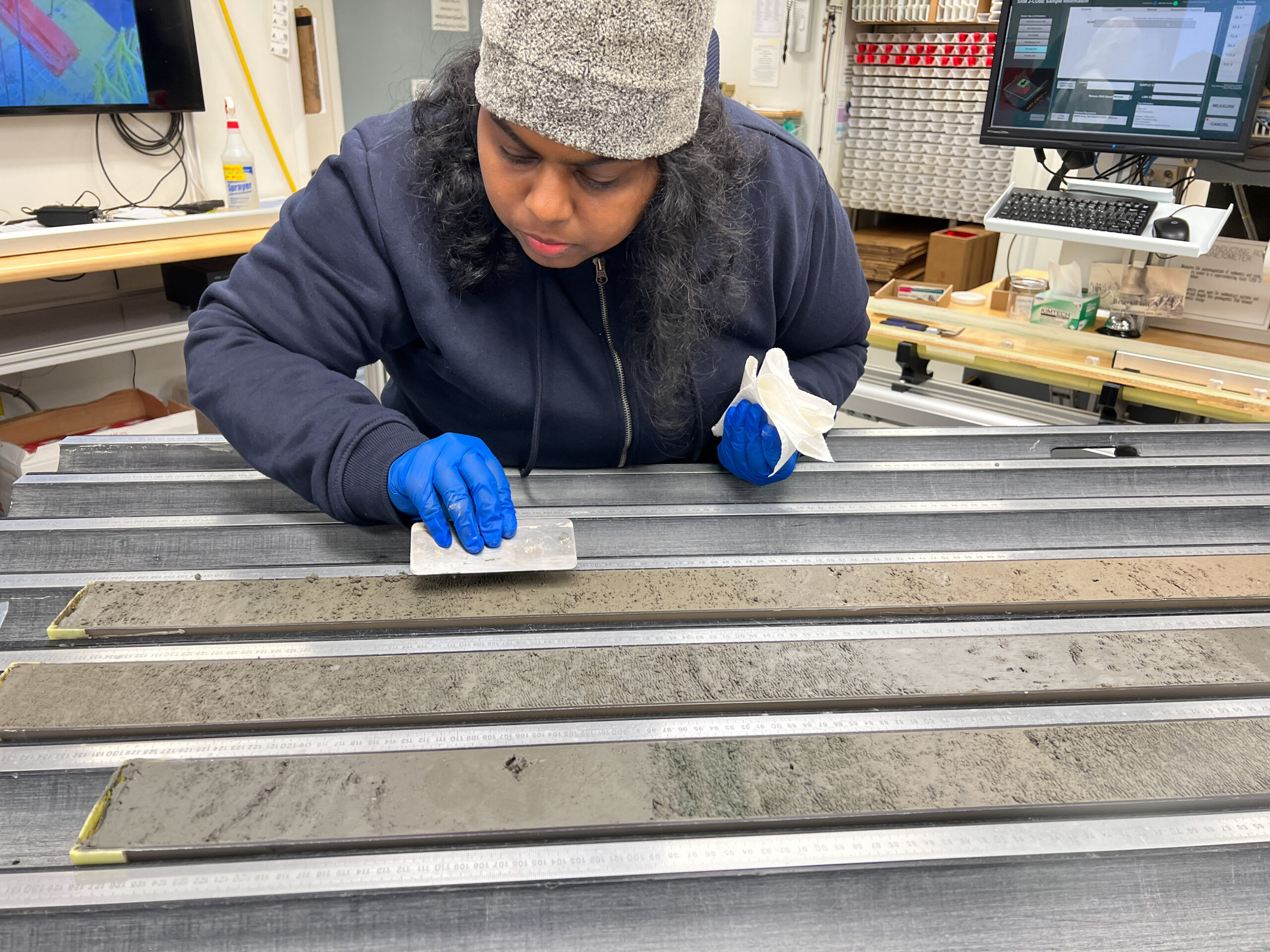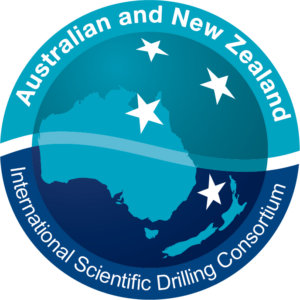
LEGACY FUNDING
What secrets are hidden in the hundreds of kilometres of core collected over decades of international scientific drilling programs?
ANZIC provides grants of up to $25,000 to researchers from member institutions to study previously collected ocean and land core samples and data to rapidly deliver research outputs. Opportunities extend to fields beyond traditional geosciences, including data science, mathematics, molecular and genetic analysis, and more.
CORE Funding - Now open for proposals!
(Formerly AILAF Scheme)
Funding of up to A$20,000/NZ$25,000 is now available for projects which advance the field of scientific drilling.
ANZIC invites proposals from our Australian & New Zealand Member institutions for our
Continent & Ocean Research & Education (CORE) Funding.
Applications close September 15.
A wide range of legacy samples and data are available for study, from thousands of key sites across the globe.
Since 2012
ANZIC has funded 110 Legacy Projects!
Totalling over $2M


Previously funded research projects:

2023 Funded projects in New Zealand
Read all about the four projects funded within Aotearoa New Zealand this year.

Tracking the travels of dust - could ocean cores hold the key?
University of Wollongong Researcher, Dr Sam Marx, investigates the transport of Australia's iconic desert dust, with help from deposits found in deep ocean cores thousands of kilometres away, and an AILAF Grant.
International legacy funding schemes

LEAPS
Ocean Drilling Legacy Assets Projects (LEAPs) are a new type of project for international and interdisciplinary collaborations under the umbrella of the scientific ocean drilling programs.

ReCoRD
The Repository Core Re-Discovery Program (ReCoRD) is a collaborative program between Kochi Core Center and J-DESC. It aims to create new results by reanalysing core samples, not by individuals or small groups, but by research teams similar to science parties on drilling expeditions
IODP legacy samples and data
IODP samples and data are available through a range of portals, listed below.
A great place to start is this excellent and comprehensive guide to what’s available and how to access it – created by Laurel Childress (JRSO).
There is also a slide deck about requesting samples from the Kochi Core repository in Japan.
● IODP website
● Site survey data bank
● Scientific Earth Drilling Information Service (SEDIS)
● JR data
● Expedition data on Zenodo
● IODP-BCR Data Portal
● Ocean Drilling Stratigraphic Network
● iCORDS
● LILY database contains lithological information of core from expeditions between 2009 and 2019
● Neptune Sandbox Berlin
● Open Core Data – discovery tool for basic core data
● Magnetics Information Consortium (paleomagnetics and rock magnetics)
● EarthChem Portal – geochemistry data
● ISGN – a sample registry including core samples
See IODP’s Sample, Data, and Obligations Policy and Implementation
ICDP legacy samples and data:
ICDP samples and data are available through ICDP Repositories.


